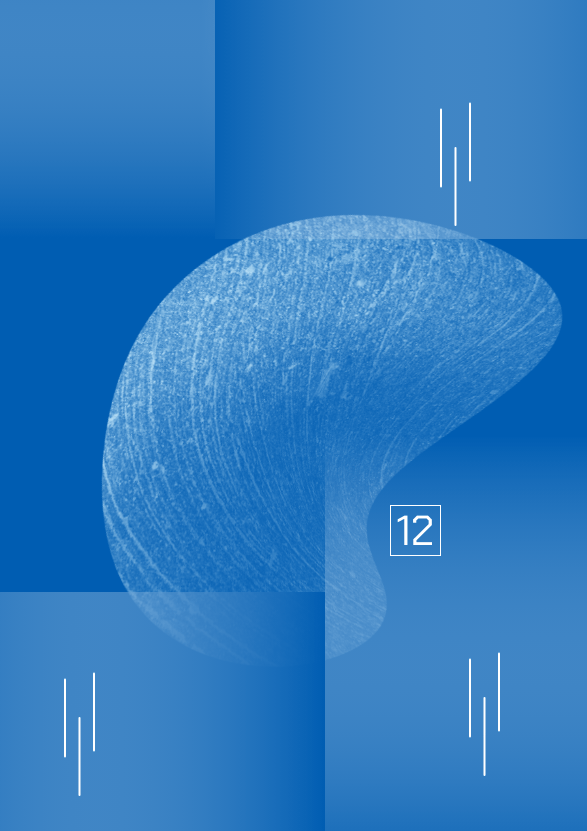

Hate Speech and Counter measures – Newsletter #12
Julia Tegeler
Hello and welcome to Issue #12 of Upgrade Democracy News!
As reported in the last newsletter, we are in the midst of preparations for our upcoming events: the second workshop in our foresight process on the future of digital public sphere and the associated challenges for democracy is just around the corner. The organization of our next international research trip to Bangkok is in full swing. And for our pilot project to enhance information literacy, we are gearing up for the official kick-off in November. In short, we are busy working behind the scenes. So, you’ll have to be patient a little longer until we present the exciting results from our project work.
This gives me the opportunity to address a topic today that is closely related to disinformation: Hate Speech. This term refers to statements that devalue, defame, or threaten specific individuals or groups. These devaluations can be based on characteristics such as skin color, origin, sexual orientation, gender, age, disability, or religion and stem from the assumption that certain people or groups are worth less than others. Hate Speech is not just an expression of opinion but a harmful statement that aims to spread hatred and prejudice, poisoning the social climate. At the National Committee meeting of the No Hate Speech Movement on October 6th in Berlin, which I attended, discussions revolved around the question of how Hate Speech and disinformation are interconnected and how to deal with them. I would like to share some thoughts on this with you.
First and foremost, it’s important to recognize that Hate Speech and disinformation are two different phenomena. Nevertheless, they are often closely intertwined. In many disinformation campaigns, false or misleading information about specific groups is deliberately spread to fuel prejudices or hostility. In these cases, disinformation serves as fertile ground for Hate Speech. Conversely, prejudices or hatred can lead people to spread such disinformation.
So, disinformation and Hate Speech often go hand in hand. In dealing with both phenomena, this means that many countermeasures can and should address both simultaneously. This can be achieved, for example, through the enhancement of media literacy or measures in the context of Platform Governance. Regarding the former, the initiative “weitklick” reported on its latest online course for teachers and other multipliers in the field of education at the National Committee meeting. The course deals with Hate Speech in the context of disinformation and strategies for dealing with misleading Hate Speech. It’s worth taking a look there. For a quick, practical introduction to the topic, the brochure “Hate Speech and Fake News: Questions and Answers” by the Amadeu Antonio Foundation is helpful. It provides basic information and concrete tips for dealing with Hate Speech in everyday life. If you look for a comprehensive and systematic overview of existing countermeasures against Hate Speech, I recommend the Online Hate Speech Intervention Map, which Charlotte from our team also contributed to. The links to the three sources can be found below, along with some other event and literature recommendations.
Until next time!
Warm regards,
Julia
“Power of Truth: Media Literacy in East Asia and Europe” – Online Conference by Goethe Institute and Federal Agency for Civic Education
On October 28, 2023, the Goethe Institute, in collaboration with the Federal Agency for Civic Education, will conduct an online conference. Experts from Korea, Japan, Taiwan, and Germany will discuss how civil society, journalists, and regulatory bodies in their regions deal with misinformation and hate speech and will discuss their approaches. Professionals from the fields of media and political education, journalism, regulation, and academia, as well as all interested individuals, are invited to participate. For registration, click here: Goethe Institute Event Registration
Register now for #Disinfo2023 in Krakow!
On October 11 and 12, 2023, the EUDisinfoLab annual conference will take place in Krakow, Poland. On both days, exciting experts will discuss the pressing issues surrounding the topic of disinformation. The area of tension between AI and disinformation will be in particular focus this year. Our team participated last year and we highly recommend this event to everyone who wants to learn, exchange and network in the field of disinformation.
Click here to register.
Reading recommendations
- The Online Hate Speech Interventions Map, by Charlotte Freihse & Vladimir Bojarskichin: Hate Crime Prevention, Hate Speech Interventions, Online Hate, 15.08.2023
Find the map here - Having the Tools but not Knowing how to use them: Considerations on Digital and Media Literacy, By Maria Giovanna Sessa, Research Manager, EU Disinfolab, Oktober 2023
Read this article here - Tackling Fake News in Kenya: A UN Resident Coordinator Blog, 01.10.2023
Read this article here - From Risk to Revolution: How AI Can Revive Democracy, By Alex Krasodomski, 29.09.2023
Read this article here




